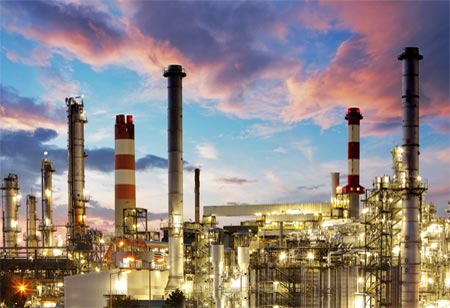The public and private sector oil refineries of India are influencing the government to indemnify them for the investments made in manufacturing and supplying BS-VI fuel, a government mandate, which will come into effect from April 1.
R Ramachandran, the director (refineries) of Bharat Petroleum Corporation Ltd will introduce the product officially in the market across India from March 1.
With an aim to make better quality product, BPCL has invested 7000 crore in the up gradation of its refineries.
“Today there is no extra pricing difference for BS-VI fuel,” Ramachandran said. “There are discussions going on whether there will be extra pricing for BS-VI.
As it stands today, there is no recognition in the market for a fuel which is different and its adding to our operating costs. Our aspiration is that we should be compensated for what we have invested. We are aspiring that the investment be built into the price and we should be getting an extra price,” he added.
“Price in the market is changing based on import parity. The retail selling prices are coming from build -up; our price recovery – if you look at it from the refinery perspective – is based on import parity price. The import parity price has nothing to do with recovering the cost of investment. So, unless there is an artificial mechanism which actually provides that irrespective of the change in the (market) price, then only I’m going to recover the investment,” explains Ramachandran.
BPCL wants the government to take a look on average price of BS-VI fuel In order to recover its investment and hence BPCL calculates and informs that the company should be reassured of an extra income of 0.70 paise per litre for BS-VI fuel for eight years.
“This is a policy matter on which it is difficult to make any predictions whether somebody will make this happen or not. I have seen this in European Union, where the governments have been encouraging refineries and retailers to upgrade their product quality by a compensation mechanism which could be tax rebates or viability gap funding,” added Ramachandran.
“All of us including the private refiners are together on this, we would like to see this happen,” he concludes.
